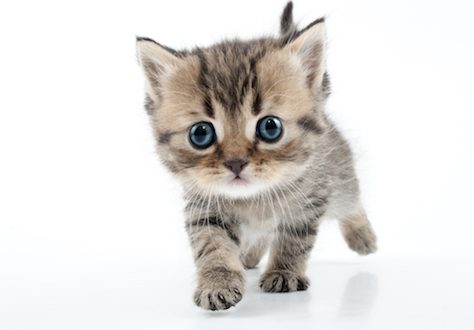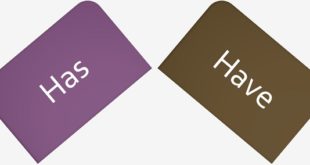Today you’re going to learn 8 Commonly Used Cat Idioms that I either use myself or hear other native English speakers use on a regular basis.
1. To play cat and mouse (with someone/something)
Figurative meaning:
- To try to trick someone into making a mistake so you have the advantage.
- To try to find someone who’s hiding from you.
Literal meaning: This idiom is based on
- The way that a cat plays with a mouse before it kills it.
- The way in which a mouse will run and hide while a cat hunts it down.
Example:
- The soldiers have been playing a deadly game of cat and mouse with a sniper by running into and out of cover trying to draw his fire and discover his position.
- The criminal played cat and mouse with law enforcement while he was on the run.
2. Not enough room to swing a cat
Figurative meaning: Used to suggest a space or room is awkwardly small or confined.
Literal meaning: The origin is uncertain, whether it refers to actually swinging a cat in a room by its tail or is referring to the ‘cat o’ nine tails’ whip used by the navy to discipline officers. The expression dates back to 1665, which predates the first mention in writing of the ‘cat o’ nine tails’ by three decades.
Example: Far out your bedroom is small. There’s not enough room to swing a cat in here!
3. Look what the cat dragged in
Figurative meaning: Used as an ironic acknowledgement of someone’s arrival, particularly to suggest they are unwelcome or disagreeable.
Literal meaning: This idiom refers to the way domestic cats will often go out and kill wild animals and then bring them back into the house for you to see.
Example: Oh look what the cat dragged in! I haven’t seen you in years, Dave!
Other forms: Look what the cat’s dragged in; Look what the cat’s brought in.
4. To grin like a Cheshire cat
Figurative meaning: To have a huge grin on your face.
Literal meaning: The origin is uncertain. The phrase was made famous by Lewis Carroll’s Alice’s Adventures in Wonderland published in 1865, but has appeared elsewhere in earlier writings too.
Example: If she wins the race she’s going to grin like a Cheshire cat.
Other forms: Grinning like a Cheshire cat.
5. Like herding cats
Figurative meaning: Used when referring to the failure of a collection of people to be led or to behave as a united group.
Literal meaning: The idea behind this idiom is that cats are solitary animals that don’t live in herds or packs like say sheep or dogs. So, trying to herd a group of them would be futile if not impossible.
Example: Trying to get everyone in my family to sit down and eat at the same time on Christmas day is like herding cats.
Other forms: Like trying to herd cats.
6. When the cat is away, the mice will play
Figurative meaning: When someone in authority is away, those under the person’s rule will enjoy their freedom.
Literal meaning: This idiom is probably based on the Latin version “Dum felis dormit, mus gaudet et exsi litantro” (When the cat falls asleep, the mouse rejoices and leaps from the hole). The idea being that mice come out of hiding when a cat isn’t present.
Example: My boss has gone away this week. So, you know what they say, “When the cat’s away, the mice will play!”
Other forms: When the cat’s away.
7. All cats are grey at night
Figurative meaning: In the dark of night, appearances don’t matter, because you can’t see anything.
Literal meaning: This idiom is apparently attributed to Benjamin Franklin, explaining why to take an older woman to bed, suggesting that you can’t tell how old someone is when it’s dark so it doesn’t matter.
Example: I’m going on a blind date with someone tonight, but I don’t mind that I haven’t seen them before. After all, all cats are grey at night, so it’ll be fine.
8. A leopard can’t change its spots.
Figurative meaning: Things can’t change their innate nature.
Literal meaning: This idiom comes from the Bible, Jeremiah 13:23. It suggests that like a leopard can’t change its spots into stripes or get rid of them all together, other things can’t change their innate nature.
Example: “He says he’s become a better man but a leopard can’t change its spots.”
Other forms: A leopard doesn’t change its spots.
 ایرانیان استرالیا Australia Iran بزرگترین جامعه ایرانیان ساکن استرالیا Australia Iran
ایرانیان استرالیا Australia Iran بزرگترین جامعه ایرانیان ساکن استرالیا Australia Iran











